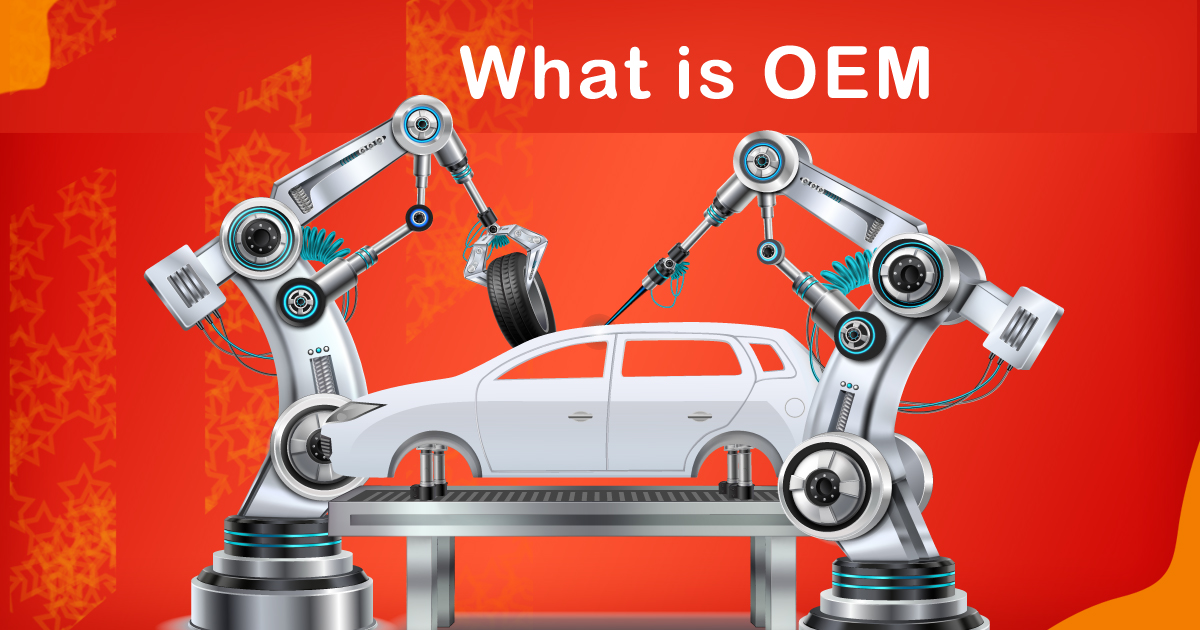Introduction
In the realm of manufacturing and product development, the term “OEM” often crops up. For those unfamiliar with the acronym, OEM stands for “Original Equipment Manufacturer.” This concept plays a pivotal role in various industries, including automotive, electronics, and technology. Understanding what OEM entails is essential for businesses and consumers alike, as it influences product quality, branding, and the overall market dynamics. In this blog, we delve into the depths of OEM, exploring its definition, significance, and its impact within the Indian context.
Defining OEM
An Original Equipment Manufacturer (OEM) refers to a company that designs and produces components or products, which are then used as part of another company’s final product. Essentially, OEMs are the masterminds behind the scenes, creating the building blocks that serve as integral components for the end product.
How OEM Works
The process begins with the hiring company (often referred to as the “brand” or “client”) approaching the OEM with specifications and requirements for a particular component or product. The OEM, equipped with specialized expertise and manufacturing capabilities, then develops the requested item according to the client’s precise needs.
For example, in the automotive industry, an OEM can be a company that manufactures engines, transmissions, or other key parts. These components are later incorporated into vehicles by well-known automobile brands. Similarly, in the electronics sector, OEMs produce components like processors, display screens, or batteries, which are assembled by other companies into smartphones, laptops, or other electronic devices.
Significance of OEM
Expertise and Specialization:
OEMs are experts in their respective fields, focusing on specialized manufacturing processes. This results in high-quality components that meet the exact specifications of the client.
Cost-Effectiveness:
Outsourcing production to OEMs often proves more cost-effective for brands, as it saves them from investing in expensive manufacturing facilities and technology.
Time Efficiency:
Partnering with OEMs allows brands to bring products to market more swiftly, as they can skip the time-consuming process of developing components in-house.
Brand Focus:
By delegating the production of components to OEMs, brands can concentrate on their core competencies, such as marketing, design, and distribution.
Market Reach:
OEMs often serve multiple clients, which can expand the brand’s market reach through shared distribution channels.
OEM in the Indian Context
In India, the OEM concept has gained substantial traction over the years, primarily due to its rapidly growing manufacturing sector. The country’s competitive advantage in terms of skilled labor and cost-effective production has made it an attractive destination for OEM partnerships.
Automotive Industry:
India’s automotive sector has witnessed a surge in OEM collaborations. Renowned international carmakers have entered into strategic alliances with Indian OEMs to source components, leveraging the country’s manufacturing capabilities and cost advantages.
Electronics and Technology:
With the “Make in India” initiative, the government has encouraged OEM partnerships in the electronics sector. This has bolstered domestic manufacturing and attracted global technology brands to set up production facilities in India.
Pharmaceuticals:
The Indian pharmaceutical industry, known for its high-quality generic drugs, has embraced the OEM model. Many Indian pharmaceutical companies manufacture active pharmaceutical ingredients (APIs) and supply them to global pharmaceutical giants.
Challenges of OEM
While OEM partnerships offer numerous benefits, there are also challenges that both parties must navigate:
Quality Control:
Maintaining consistent quality standards is crucial, as any defects in OEM-produced components can reflect poorly on the brand.
Intellectual Property Concerns:
OEMs get access to their client’s proprietary designs and technology, raising concerns about protecting intellectual property rights.
Dependency Risks:
Brands relying heavily on OEMs must carefully manage the risks associated with being dependent on external suppliers.
Conclusion
The OEM concept plays a pivotal role in the manufacturing landscape, shaping the quality and efficiency of end products across various industries. In the Indian context, OEM partnerships have enabled businesses to flourish by capitalizing on the country’s manufacturing prowess. Understanding the significance of OEMs empowers both brands and consumers to make informed decisions and underscores the interdependent nature of modern-day production processes. As India continues to advance as a global manufacturing hub, OEM collaborations are set to drive innovation, economic growth, and progress in the years to come.








